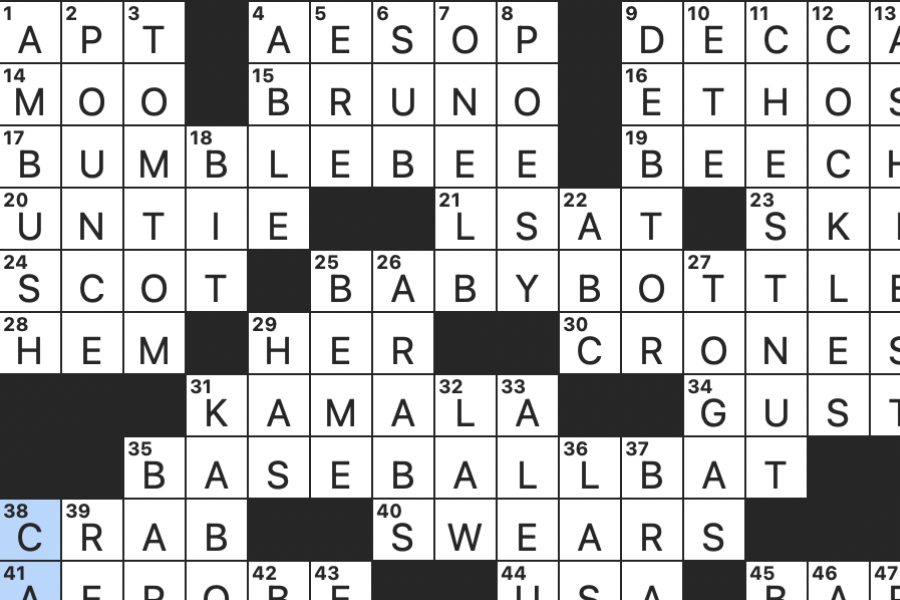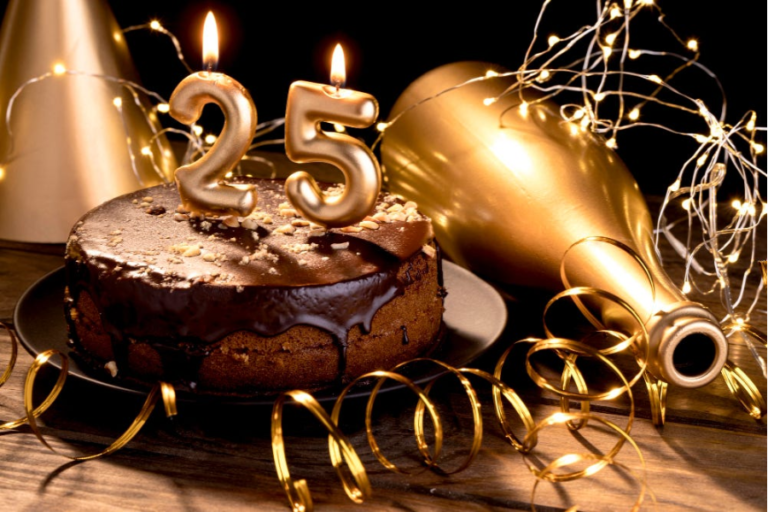Beldames in NYT Crossword Answers: Interpretation and Background
Crossword puzzles are not just a pastime; they are a journey through language and history, offering glimpses into our rich cultural heritage. One term that has intrigued and puzzled crossword enthusiasts is “beldames,” a word with deep historical and literary roots. This comprehensive guide explores the meaning, historical context, and literary usage of “beldames,” providing a thorough understanding that will enhance your crossword-solving skills and appreciation of the term.
Introduction to Beldames NYT
The term “beldames” may seem obscure to modern eyes, but it carries significant historical and cultural weight. Its appearance in The New York Times (NYT) crossword puzzles challenges solvers to delve into archaic language and uncover the nuances of a term that has largely fallen out of common use. Understanding “beldames” involves more than knowing its dictionary definition; it requires exploring its historical evolution, literary representations, and cultural significance.
Defining Beldames NYT
The word “beldame” originates from Middle French, where it initially meant “grandmother” or simply “old woman.” This usage reflects a time when aging was respected and revered. However, as language and societal attitudes evolved, the term began to carry negative connotations. By the later Middle Ages, “beldame” started to denote an elderly woman perceived as haggard or witch-like. This shift in meaning reflects broader cultural attitudes towards aging and women who defied conventional norms.
Historical Context
In historical texts, “beldames” were often portrayed in a mystic or supernatural light. This usage is rooted in a time when older women were frequently associated with folklore, witchcraft, and the unknown. The fear and reverence surrounding these figures were intertwined with societal attitudes towards women who lived outside traditional roles or who exhibited unconventional behaviors. The concept of the beldame thus reflects historical prejudices and fears, as well as the mystique surrounding female wisdom and aging.
Beldames in Literature
The depiction of “beldames” in literature offers rich insights into cultural perceptions of older women across different eras. In classic literature, these figures are frequently cast as both wise and fearsome, embodying a blend of reverence and terror. Understanding these literary portrayals helps us appreciate how historical attitudes towards aging and gender have influenced narrative traditions.
Examples in Classic Literature
Shakespeare’s works provide notable examples of characters that resemble the archetype of the beldame. For instance, the witches in “Macbeth” and the weird sisters in “King Lear” are portrayed as old women with mysterious and supernatural powers. These characters are often depicted as having significant influence over the events of the plays, highlighting the power attributed to them despite their perceived frailties. Such representations underscore the duality of fear and respect that characterized the perception of older women in literature.
Modern Literary Usage
In contemporary literature, “beldames” are less commonly used, but when they appear, they often evoke a sense of historical depth or thematic complexity. Modern authors might employ the term to conjure an air of antiquity or to explore themes related to age, wisdom, and societal attitudes. These modern uses of “beldames” reflect an ongoing fascination with the historical connotations of the term, while also offering new interpretations that challenge or redefine old stereotypes.
Beldames in Crosswords
In the context of crossword puzzles, “beldames” serves as a clue that taps into historical and literary knowledge. Solvers who are familiar with the term’s background can approach these clues with greater insight and confidence.
Typical Crossword Clues
Crossword clues involving “beldames” might reference themes related to age, mysticism, or folklore. Examples of clues could include:
- “Archaic term for witchy older women”
- “Old women of legend”
- “Elderly women in folklore”
These clues often require solvers to think beyond modern usage and draw upon historical and literary knowledge. Understanding the term’s historical and cultural connotations can make it easier to identify the correct answer.
Solving the Clue
To effectively solve a crossword clue involving “beldames,” consider synonyms and related terms that fit the given letters and spaces. Think about words associated with old age, mysticism, and historical references to older women. Terms such as “hags,” “crones,” or “witches” might come to mind, although each carries its own connotations and may not always fit the clue’s precise context. Being familiar with the term’s background can provide valuable context and help in deducing the correct solution.
Cultural Significance of Beldames NYT
The term “beldames” extends beyond its dictionary definition, reflecting broader cultural and societal attitudes towards aging, gender, and mysticism. Its usage in literature, art, and folklore highlights how perceptions of older women have evolved and how these perceptions are often intertwined with themes of fear and reverence.
Depictions in Art and Folklore
In art and folklore, “beldames” are often depicted as figures of both wisdom and fear. They embody the duality of respect for age and experience, combined with a sense of the supernatural and the unknown. This portrayal reflects historical anxieties about aging and the power attributed to those who possess knowledge or abilities that defy conventional understanding.
Modern Interpretations
Today, the term “beldames” is less frequently used, but its legacy persists in discussions about the portrayal of older women in media and literature. Modern interpretations might seek to reclaim or redefine “beldames” in a more positive light, emphasizing the wisdom and experience of older women rather than focusing on fear and superstition. This shift in perspective reflects broader changes in societal attitudes towards aging and gender, highlighting the ongoing evolution of cultural narratives.
Conclusion
The term “beldames” offers a fascinating glimpse into the historical and cultural contexts that have shaped our understanding of aging and gender. Whether encountered in a crossword puzzle or explored through literary and historical texts, “beldames” represents a rich tapestry of meaning that reflects both fear and reverence. By delving into its meaning and context, you can approach related crossword clues with a deeper appreciation and insight. Happy puzzling!
Frequently Asked Questions
What does “Beldames” mean?
“Beldames” is an archaic term that originally meant “grandmothers” or “old women.” Over time, it evolved to describe elderly women perceived as haggard or witch-like.
Why is “Beldames” used in crosswords?
Crossword puzzles frequently include uncommon or antiquated phrases to test solvers’ knowledge and vocabulary. “Beldames” satisfies this requirement by providing a hint that draws on literary and historical context.
How can I solve a crossword clue for “Beldames”?
To solve a crossword clue for “beldames,” consider synonyms and related terms that fit the context of the puzzle. Consider terms related to folklore, mysticism, and old age.
Are “Beldames” depicted in a positive or negative light?
In the past, “beldames” were frequently portrayed unfavorably and connected to terror and witchcraft. Nonetheless, they are also portrayed as intelligent and smart characters in several literary works.
What are some synonyms for “Beldames”?
Synonyms for “beldames” include hags, crones, and witches, though these terms also carry negative connotations. Depending on the context, terms like grandmothers or elderly women could be more neutral.
How has the perception of “Beldames” changed over time?
The perception of “beldames” has evolved from a term of respect for grandmothers to a pejorative descriptor of haggard, mystical women. Reclaiming and redefining such concepts in a more positive way is becoming more and more popular these days.






